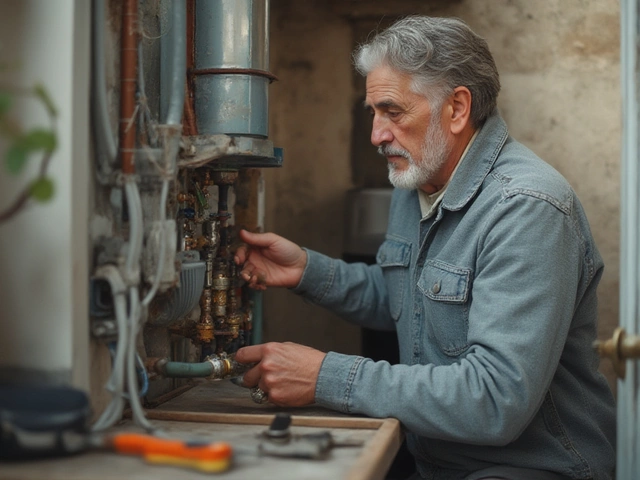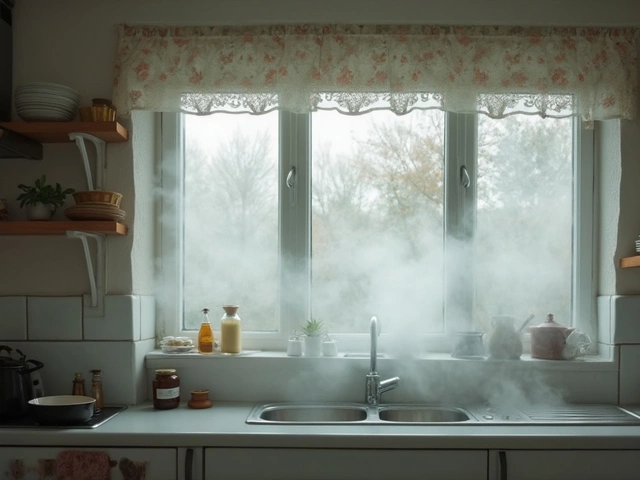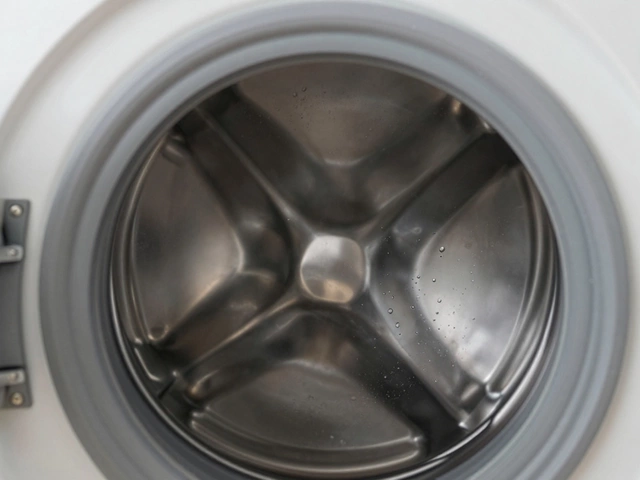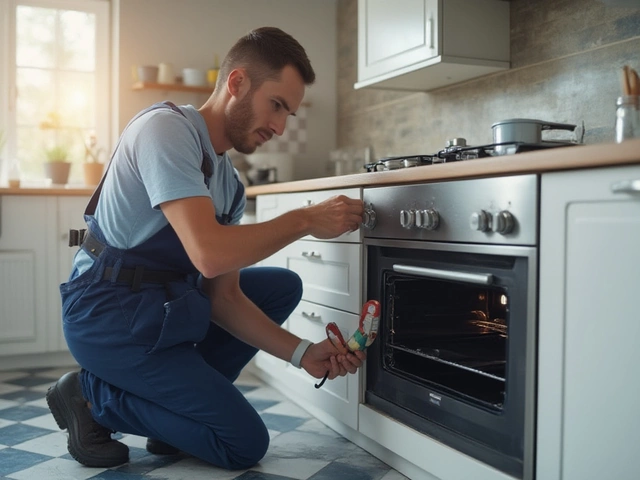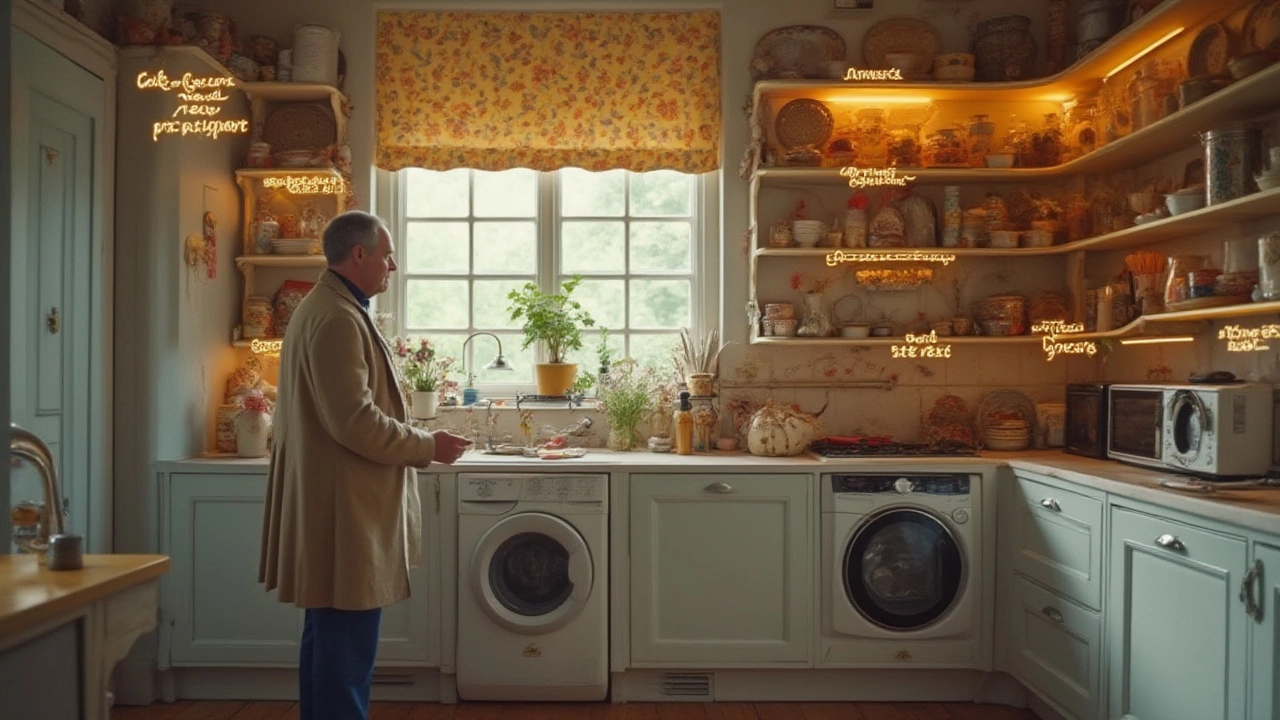Appliance Guide: Easy Repairs and Maintenance Tips
Got a noisy fridge, a cold water heater, or an oven that won’t heat? You’re not alone. Most household appliances start acting up at some point, and you don’t always need to call a technician right away. This guide gives you straight‑forward fixes and maintenance habits that save time, money, and stress.
Common Appliance Problems and Quick Fixes
Start by pinpointing the symptom. If your freezer isn’t staying frozen, check the thermostat setting, clean the coils and make sure the door seal is tight. A blocked coil is a common cause of warm spots. For a washing machine that won’t spin, look for an unbalanced load or a worn drive belt – both are easy to swap with a screwdriver.
Ovens that won’t heat often have a faulty heating element or a blown fuse. Unplug the unit, locate the element (it’s usually behind the back panel) and test it with a multimeter. If it reads zero, replace it – the part is cheap and the job is usually a half‑hour.
Boiler issues can be scary, but many warning signs are simple to spot. A loss of pressure, strange noises, or an icy pipe are clues that something’s off. Bleeding radiators and resetting the system can restore heat in many cases. If the boiler still won’t fire, it’s safer to call a pro.
Extractor fans in kitchens and bathrooms love to collect grease and dust. Turn off the power, remove the cover and give the motor and blades a good clean. A clogged motor often causes a humming sound and poor airflow – a quick clean will usually bring it back to life.
Glass hobs look fragile, but most cracks can be repaired with a special epoxy kit. Clean the surface, apply the kit according to instructions, and let it cure. If the crack runs across the cooking zone, you may need a replacement, but a small chip is often fixable.
When to Call a Professional
Some jobs are just too risky for a DIY approach. Anything involving gas – like a boiler or gas water heater – should be handled by a certified technician. Same goes for electrical work on ovens, hobs, or extractor fans if you’re not comfortable working with live wires.
If you’ve tried the basic steps and the appliance still won’t work, it’s time to get a pro. A qualified repairer can diagnose hidden issues, such as a failing thermostat in a fridge or a broken valve in a water heater, and replace parts safely. Remember, a cheap fix that later causes damage can end up costing more.Regular maintenance is the best defense. Schedule a yearly check for boilers, clean refrigerator coils every six months, and run a cleaning cycle on your dishwasher monthly. These habits keep appliances running efficiently and prolong their life.
Keep this guide handy the next time something sputters, clunks, or stops working. With a little know‑how, you’ll handle most minor faults yourself and know exactly when to bring in the experts. Your home appliances will thank you with fewer breakdowns and lower bills.
